- info@ficci.org.bd
- |
- +880248814801, +880248814802
- Contact Us
- |
- Become a Member
- |
- |
- |
- |
- |
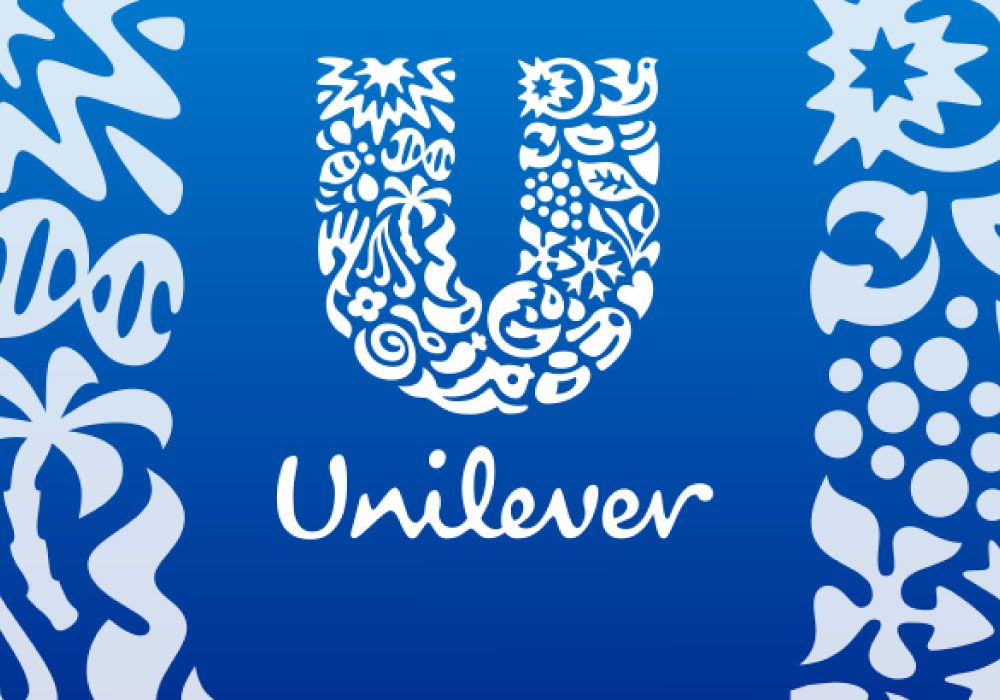
On 20 December 2024, Unilever Bangladesh Limited (UBL), in partnership with Kewkradong Bangladesh, organised a coastal cleanup at St. Martin’s Island, rallying 350 youth-volunteers to collect 1,500 kilograms of plastic waste from Bangladesh’s only coral island. This collaborative initiative not only addressed the urgent plastic pollution crisis threatening the island’s fragile ecosystem but also contributed valuable data to Ocean Conservancy’s global research on marine debris.
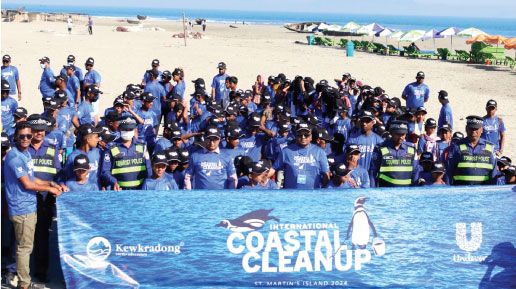
Plastic pollution has become an escalating global issue, with an estimated 5 billion tonnes of waste endangering ecosystems worldwide. Beyond environmental destruction, the global economy suffers an annual loss of USD 80–120 billion due to inefficiencies in managing plastic waste. Addressing this crisis requires collective action across sectors, and UBL has been contributing to creating a sustainable future for Bangladesh since 2020, implementing transformative solutions to tackle plastic waste.
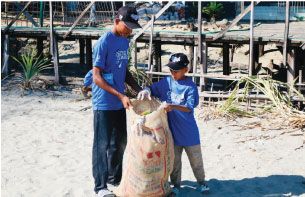 Despite many efforts, St. Martin’s Island remains a vulnerable site, with its biodiversity increasingly jeopardised by inadequate waste management. Recognising this, the Ministry of Environment, Forest and Climate Change (MoEFCC) has classified the island as a critical area in need of intervention. In response, UBL and Kewkradong Bangladesh mobilised university students, youth groups, and local schoolchildren to take part in the cleanup.
Despite many efforts, St. Martin’s Island remains a vulnerable site, with its biodiversity increasingly jeopardised by inadequate waste management. Recognising this, the Ministry of Environment, Forest and Climate Change (MoEFCC) has classified the island as a critical area in need of intervention. In response, UBL and Kewkradong Bangladesh mobilised university students, youth groups, and local schoolchildren to take part in the cleanup.
Beyond collecting plastic waste, the initiative ensured that it was sorted and transported to the mainland for recycling.
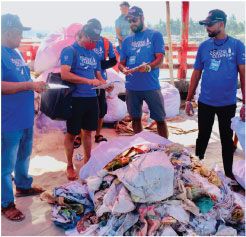 The initiative served a dual purpose of raising awareness and building accountability. By collecting data on marine debris, the cleanup contributed to Ocean Conservancy’s global database, helping to inform international strategies for tackling the plastic waste crisis. The partnership between UBL and Kewkradong Bangladesh demonstrates how businesses and communities can work together to raise awareness, influence the community to properly manage plastic waste and build a habit, keeping plastic in a loop and out of the environment.
The initiative served a dual purpose of raising awareness and building accountability. By collecting data on marine debris, the cleanup contributed to Ocean Conservancy’s global database, helping to inform international strategies for tackling the plastic waste crisis. The partnership between UBL and Kewkradong Bangladesh demonstrates how businesses and communities can work together to raise awareness, influence the community to properly manage plastic waste and build a habit, keeping plastic in a loop and out of the environment.
Unilever recognises the challenge of plastic pollution and leverages its innovation capabilities to develop scalable solutions. The organisation is committed to reducing virgin plastic use, optimising usage through design innovations, and introducing refill technology to revolutionise consumer purchases. Their aim is to end plastic pollution through reduction, circulation, and collaboration. In Bangladesh, Unilever is making significant strides by collecting and processing more plastic than they produce, which is achieved through partnerships with the informal sector, value chain actors, multilateral donors, NGOs, and public sector entities like municipalities. While their approach aligns with their global commitment, it is tailored to the local context and ecosystem. They are also working on scalable solutions such as retail refill technology to further reduce plastic use. By fostering community engagement and implementing integrated waste management systems, UBL continues to contribute towards the mission of creating a sustainable future for Bangladesh.
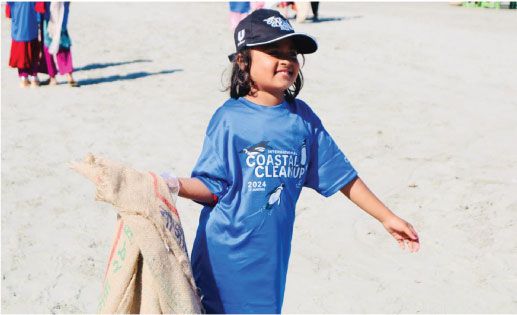
As the world faces an urgent plastic pollution crisis, initiatives like the St. Martin’s cleanup offer hope and inspiration. They demonstrate that real change is achievable when communities, organisations, and individuals unite with a shared purpose. With the success of this partnership, going forward, UBL aims to collaborate with more organisations and the government to enhance biodiversity on St. Martin’s Island. Together, we can safeguard our natural heritage and pave the way for a cleaner, more sustainable future for the next generation.





